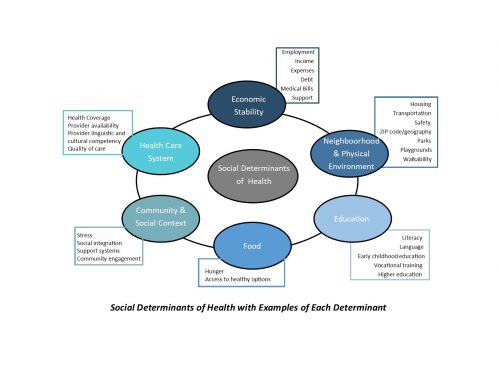When Should You Use the Services of a Field-based Case Manager?
Field-Based Case Management is the process of utilizing a Medical Case Manager to assist the claims professional with assuring appropriate, goal-directed, timely medical treatment and facilitating a consistent, progressive return to work program with the goal of an appropriate and timely resolution of the claim. In many cases, Medical Case Management can be utilized through the services of either an in-house or externally hired Telephonic Case Manager. However there are certain circumstances when it may be most appropriate to utilize the services of a field-based case manager.
Examples of appropriate Field-Based Case Management Assignments:
Five Best Practices to Look for When Using the Services of a Field-Based Medical Case Manager
- Are your Case Managers proactive or reactive? Case Managers must approach every interaction with the recovering worker and the physician with a proactive frame of mind. They have to think what question can I ask at today’s exam to move this case in the direction toward recovery and return to work? They also need to ask how will I respond if the recovering worker or provider asks questions of me? This takes preparation and planning prior to each medical exam.
- Thorough and prompt communication. It is imperative that Case Managers be the primary spoke in the wheel of communication among all parties involved in a workers’ compensation claim. The communication needs to take place within one business day of all significant changes and appointment updates, as well as to discuss with Recovering Workers any possible questions or concerns they may have regarding the plan of care.
- Does your Case Manager understand their role? It is important for your Case Manager to acknowledge their role as a facilitator of medical treatment, to coordinate care, act as an educator and advocate for the recovering worker and to ensure communication between all stakeholders. It is equally as important for Case Managers to know what falls outside of the CM role, and to defer all legal, employment, and benefit questions to the appropriate specialists in those areas; the claims professional, the defense or respondent attorney, and employer.
- Can your Case Manager Adapt? Case managers must be adaptive to multiple practice settings in which the recovering workers receive not only health care and services, but be able to identify and access related human services that may be needed to ensure success and progression. Success comes with the ability to look at the entire situation and services that are available.
- What evidence based medicine guidelines does your case management company utilize? Use of evidence based guidelines is essential when collaborating with the treating physician, determining if they are practicing within accepted treatment guidelines, and having an objective database to utilize when discussing any discrepancies. This information is also beneficial for use when sharing with the recovering worker the anticipated treatment and recovery plan.
In conclusion, these Best Practices are the ingredients needed for quality outcomes of your work-related injuries with the goal of a timely and medically appropriate return to work for your Recovering Worker.




